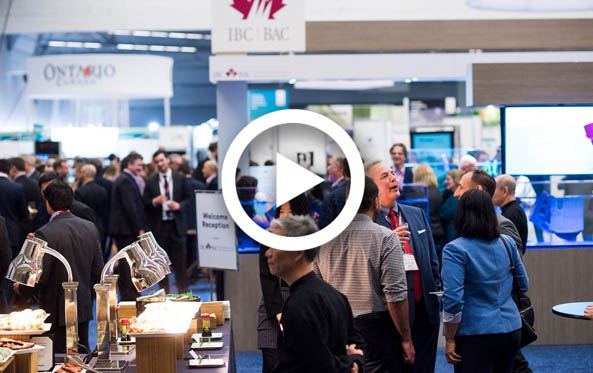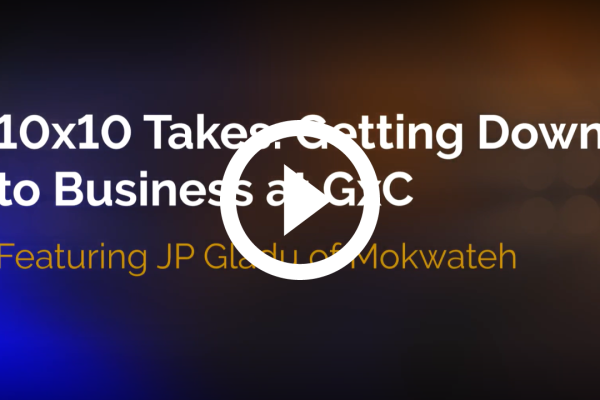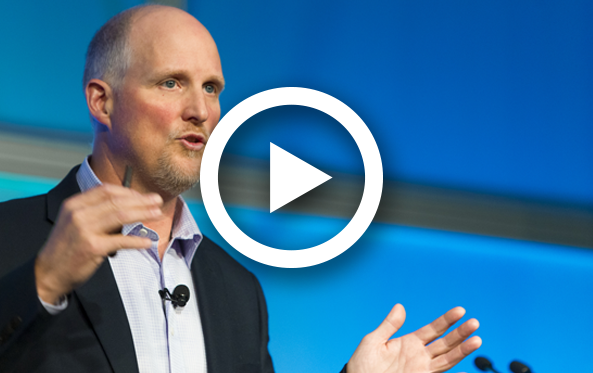The shift to a circular economy is not only about managing waste—it presents a new economic paradigm for rethinking how we design, use, and reuse our resources (both products and services), with an estimated economic output potential of USD $4.5 trillion per year by 2030. According to the World Economic Forum, circular business models provide a competitive edge because they create more value from each unit of resource than the traditional linear ‘take-make-dispose’ model. This can result in business, investment, and job creation opportunities that are long-term and more resilient to commodity shocks and economic and supply chain disruptions.
Drawing on the findings from the GLOBE 2020 Circular Economy Advance Workshop join us to explore how long-term thinking that applies a circular economy lens could help establish a more resilient and sustainable economy in Canada.
- Why does advancing the circular economy model make sense at this time for Canada?
- What policy and investment priorities should be front and centre as part of the post-pandemic recovery?
- How are businesses, large and small, adopting circularity principles and business models to become more resilient over the long term?
Speakers:
- Dr. Tima Bansal, Professor of Sustainability and Strategy, Ivey Business School, Western University and Chair, Council of Canadian Academies (CCA) Expert Panel on Circular Economy in Canada
- Leah Canning, Director, World Circular Economy Forum 2020, Environment and Climate Change Canada
- Adam Corneil, Chief Executive Officer and Founder, Unbuilders; Chief Executive Officer and Founder, Heritage Lumber
- Frances Edmonds, Head of Sustainable Impact, HP Canada
Moderators:
- David Hughes, President and Chief Executive Officer of The Natural Step Canada; Executive Co-Chair, Circular Economy Leadership Coalition
- Paul Shorthouse, Senior Director, The Delphi Group




